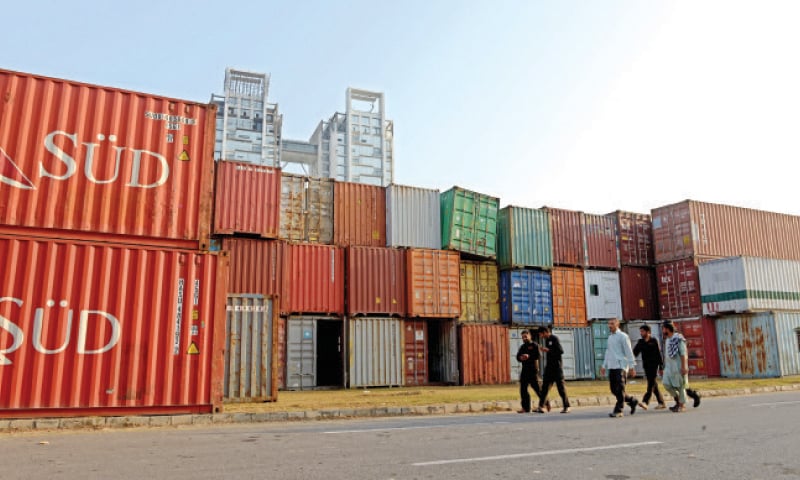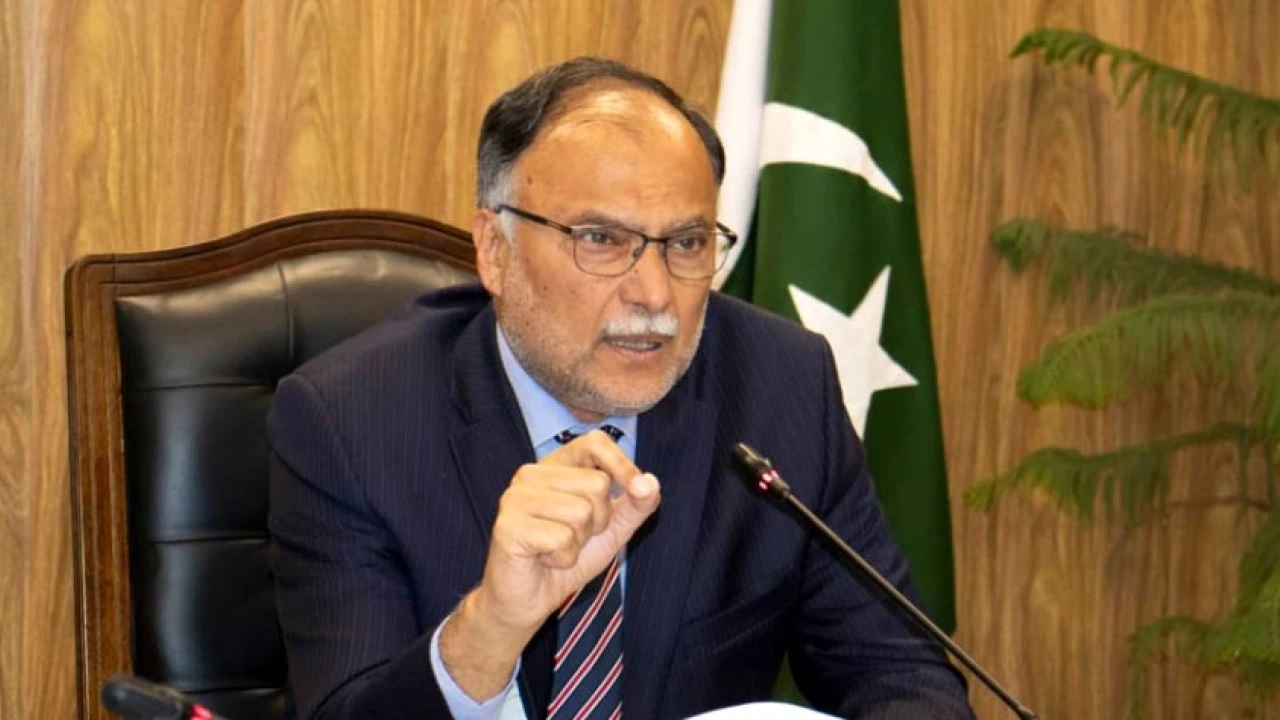The Federal Board of Revenue (FBR) has taken a major regulatory step aimed at enhancing control over Pakistan’s import-export terminals by issuing Customs General Order (CGO) No. 7 of 2025. The order authorizes the suspension or cancellation of registrations of terminal operators—including those at sea ports, off-dock terminals, dry ports, and land border stations—if they fail to meet the minimum requirements of infrastructure, information technology, documentation, and security.
This directive is part of a broader initiative to strengthen the integrity and operational standards of Pakistan’s Customs Computerized System (CCS) and ensure that only fully compliant terminal operators are allowed to facilitate cargo handling and customs procedures.
According to Rule 548 of the Customs Rules, 2001, every terminal operator functioning under the CCS is legally obligated to meet the standards specified under Rule 554. These include:
- Adequate and maintained buildings and infrastructure
- Examination facilities for customs inspections
- A secure environment to prevent pilferage or smuggling
- Effective IT systems for data handling and communication
- Comprehensive documentation practices to support legal trade activities
These rules are not limited to sea port terminal operators. Under Rule 554A, the same conditions are applicable mutatis mutandis to off-dock terminals. Moreover, these requirements are equally extended to dry ports and land border stations that are officially registered as terminal operators within the CCS.
In addition to the legal framework outlined above, off-dock terminals are also required to comply with the additional conditions listed in Paragraph 3 of FBR’s July 2024 guidelines, reinforcing the importance of uniformity and high standards across all cargo processing facilities.
To ensure continuous compliance with the rules, FBR has introduced a six-month inspection schedule. Regulatory collectorates will be responsible for verifying whether the minimum requirements under Rules 554 and 554A are being met by the terminal operators.
Here are the inspection and compliance guidelines issued by FBR:
Every six months, the relevant regulatory collectorate will inspect terminal operators. These inspections will include a detailed assessment of compliance across the categories of infrastructure, IT systems, documentation standards, and security protocols. The findings must be reported explicitly in line with Rule 554 or 554A, depending on the type of terminal.
If the inspection report identifies any shortfalls or deficiencies, the concerned terminal operator will be formally notified and given 15 days to rectify the issues and submit a compliance report to the regulatory collector.
Failure to address the deficiencies within the stipulated timeframe or non-responsiveness to the report will lead to suspension or cancellation of the terminal operator’s registration. This enforcement will be carried out under Rule 553 of the Customs Rules, 2001, in conjunction with Section 155F of the Customs Act, 1969.
also forward a compliance report for each terminal operator to the FBR Board after every six-month inspection cycle. This centralized reporting will aid in monitoring trends, identifying frequent violators, and improving regulatory strategies.
The FBR’s new compliance regime under CGO 7 of 2025 is expected to bring a much-needed boost to transparency, accountability, and efficiency in the handling of goods at entry and exit points across the country. By enforcing uniform infrastructure and technological standards, the order will help:
Improve trade facilitation
Reduce risks of illegal trade or smuggling
Enhance customs clearance efficiency
Promote data accuracy and reduce human error in documentation
This is especially important as Pakistan looks to digitize its customs infrastructure and become a more competitive player in regional and international trade.
Industry stakeholders, including logistics companies, customs agents, and freight forwarders, have acknowledged the need for stricter regulation, although concerns remain about the readiness of smaller terminal operators to meet the upgraded standards within short timelines. The 15-day rectification window may present operational challenges for terminals lacking adequate resources or expertise.
FBR officials argue that these changes were well-communicated in advance through July 2024 guidelines and that the reforms are in line with global best practices.



